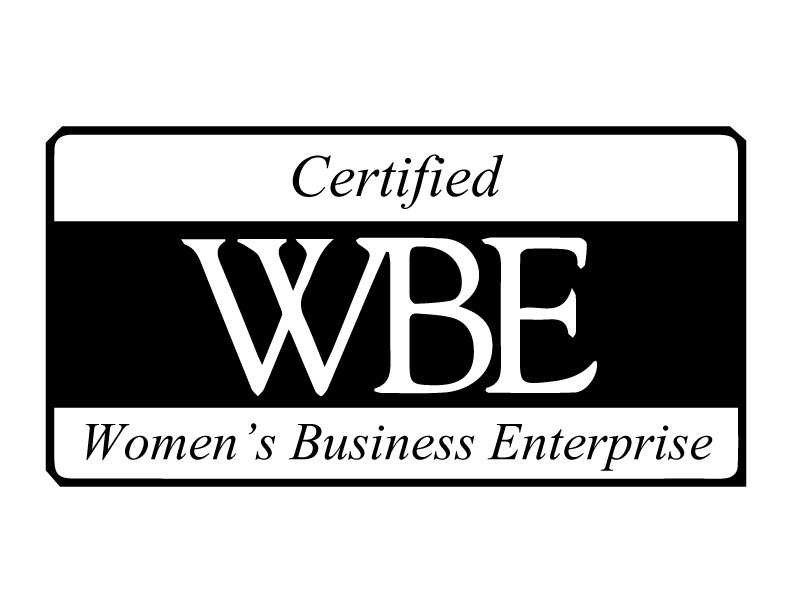Composting: Why is it important?
- Megan Carver
- Feb 25, 2023
- 3 min read
Updated: Feb 25, 2023

Even though there’s still a chill in the air, spring is right around the corner. And with it comes plenty of fresh, local New Jersey produce, ripe for the picking (and buying!) If you love to cook, you’re probably already looking forward to making some amazing spring recipes. But spring cooking often results in a lot of food scraps. Have you considered composting your food scraps with a local New Jersey compost pickup service?
In case you didn’t know, composting is the process of recycling organic matter into fertilizer that you can use as a rich soil additive. Most food scraps are compostable, meaning they don’t need to create harmful greenhouse gases in landfills. But why is composting important? And does composting make that big of a difference?
Neighborhood Compost is here to tell you the truth: composting is important, and you can do it with minimal effort. But let’s take a deeper look at composting and how you can start practicing it this spring.
Who should compost?
If you eat food, you should compost. It might seem like a blanket statement, but it’s true! Composting your food scraps is relatively easy to do and can make a big difference in your carbon footprint. Plus, adding finished compost to soil has a multitude of benefits. It eliminates the need for chemical/synthetic pesticides, reduces soil erosion and helps the soil retain water longer.
Does composting make a difference?

Absolutely! While commercial composting makes the biggest difference in preventing food waste, individual composting is important, too. Just like the idea of “think globally, act locally,” composting helps reduce your household’s greenhouse emissions and gives back to your local soil.
What can/can’t I compost?
Neighborhood Compost has an extensive compost list, but this could vary if you compost at home. However, it’s safe to say you can compost fruits, vegetables, egg shells, coffee grounds, bread, nuts, grains, dairy products, meat, bones and various cardboard products. Avoid composting produce stickers, household plants or flowers, compostable utensils or bags, toilet paper, coated paper, and any type of human or animal waste.
What do I do with my compost?
There are plenty of ways to compost your food scraps! You can compost in your backyard (if you have one,) drop off your compost at a composting center or use a compost pickup service. Composting indoors is tricky and may lead to issues with fruit flies and gnats. So, it’s a good idea to compost outdoors or use a third-party composting service. Neighborhood Compost has various composting subscriptions, including weekly, bi-weekly, monthly and pay-as-you-go! Your food scraps go right to our New Jersey farm, helping us create compost to replenish our soil and cultivate healthier crops.
How does a compost pickup service work?
Neighborhood Compost of New Jersey has compost pickup down to a science: we provide you with a 5-gallon bucket and liner for you to put your food scraps. Once the bucket is full, you can call us for a pay-as-you-go pickup service, or we’ll grab it at your next scheduled pickup date. During the spring and summer, we often see an increase in food scraps. So, if you need an additional pickup, let us know, and we’ll be happy to grab the overflow.
See? Composting isn’t that much of a mystery, after all. It’s a straightforward, easy way to reduce your home’s carbon footprint. Plus, it gives back to the earth directly around you. If you’re considering adding composting to your daily life, it’s pretty simple: put your food scraps in the compost bin and either compost at home or give them to a local composting service.
Neighborhood Compost specializes in residential and commercial composting in Northern New Jersey. If you (or your workplace) want to learn about composting, we’d love to help. Contact us today to hear about our individual and business composting subscriptions. And happy (almost) spring!






Comments